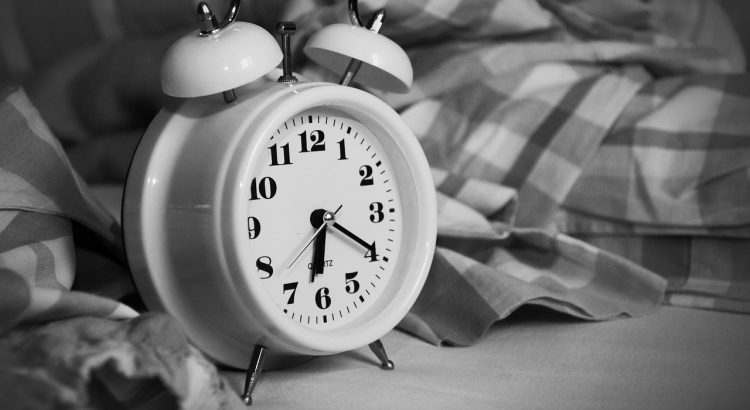Are you exercising, eating the right foods and still struggling to maintain your weight? Sleep deprivation may be impacting your weight loss goals. If you’re not getting 7 to 9 hours of sleep a night, a lack of sleep may be affecting your waistline.
Regular sleep helps regulate your hunger hormone, ghrelin, and your satiety hormone, leptin. The most recent studies have shown that sleep deprivation decreases leptin levels and increases ghrelin levels that can boost appetite.
Study subjects who had a lack of sleep had increased hunger and less restraint for fatty foods, sweets and carbohydrates, which can contribute to weight gain and increased risk of disease. If you are tired and give into comfort foods, consuming an extra 100 calories of sweets daily can add up to more than 10 pounds in a year.
Many people may also turn to a caffeinated beverage in the afternoon for extra energy, but the additional caffeine can affect your sleep pattern in the evening.
To keep your hormones in balance, aim to get at least 7 to 9 hours a night and maintain the same sleep schedule throughout the week. Avoid caffeinated beverages after lunch, such as coffee, iced tea or energy drinks, and choose water instead.
Don’t forget to turn off gadgets such as your cell phone, TV or computer a few hours before bedtime, as the artificial light can also impact sleep.
